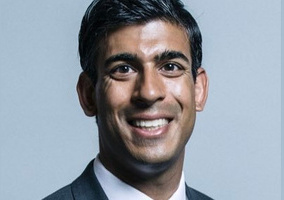NCVO is launching a new partnership with the Department for Digital, Culture, Media and Sport (DCMS) to collaborate on “shared priorities” between charities and government.
Sarah Vibert, the interim chief executive at NCVO, announced the partnership in a blog today for the NPC.
She also said that the umbrella body was working with the Lloyds Bank Foundation for England and Wales and the right-of-centre think tank Bright Blue on plans to support the government's levelling up agenda.
Vibert also defended NCVO against criticism that it had not done enough for the sector during the coronavirus crisis, saying that the £750m package secured for charities in April last year was “one of the most significant achievements” of recent times.
New partnerships
In the blog, Vibert announced that NCVO was “building new partnerships with government” and “launching a formal partnership programme with DCMS to collaborate on shared priorities. Plus, alongside Lloyds Bank Foundation, we are partnering with Bright Blue to build new relationships with influential figures across the centre right of UK politics.
“We will focus on how the voluntary sector can support the government to deliver its ‘levelling up’ agenda”.
Efforts 'should be considered a success'
She described the pandemic as “one of the greatest tests of the government’s relationship with voluntary sector infrastructure”.
Vibert said: “Many commentators have criticised the resulting £750m of funding as too slow and not enough.
“While this may be true, overall, I believe it is one of the most significant achievements of the infrastructure community in recent times, enabling the support of vital services over a very difficult period.”
She added that the collective efforts to secure emergency funding and ensure charities were included in other schemes “should be considered a success”.
Criticism
In August Richard Hawkes, chief executive of The British Asian Trust, criticised the response of infrastructure bodies at the start of the Covid-19 crisis.
He wrote: “Our engagement with government was really poor. The sector was making demands of government rather than offering to help the country.”
Related articles












